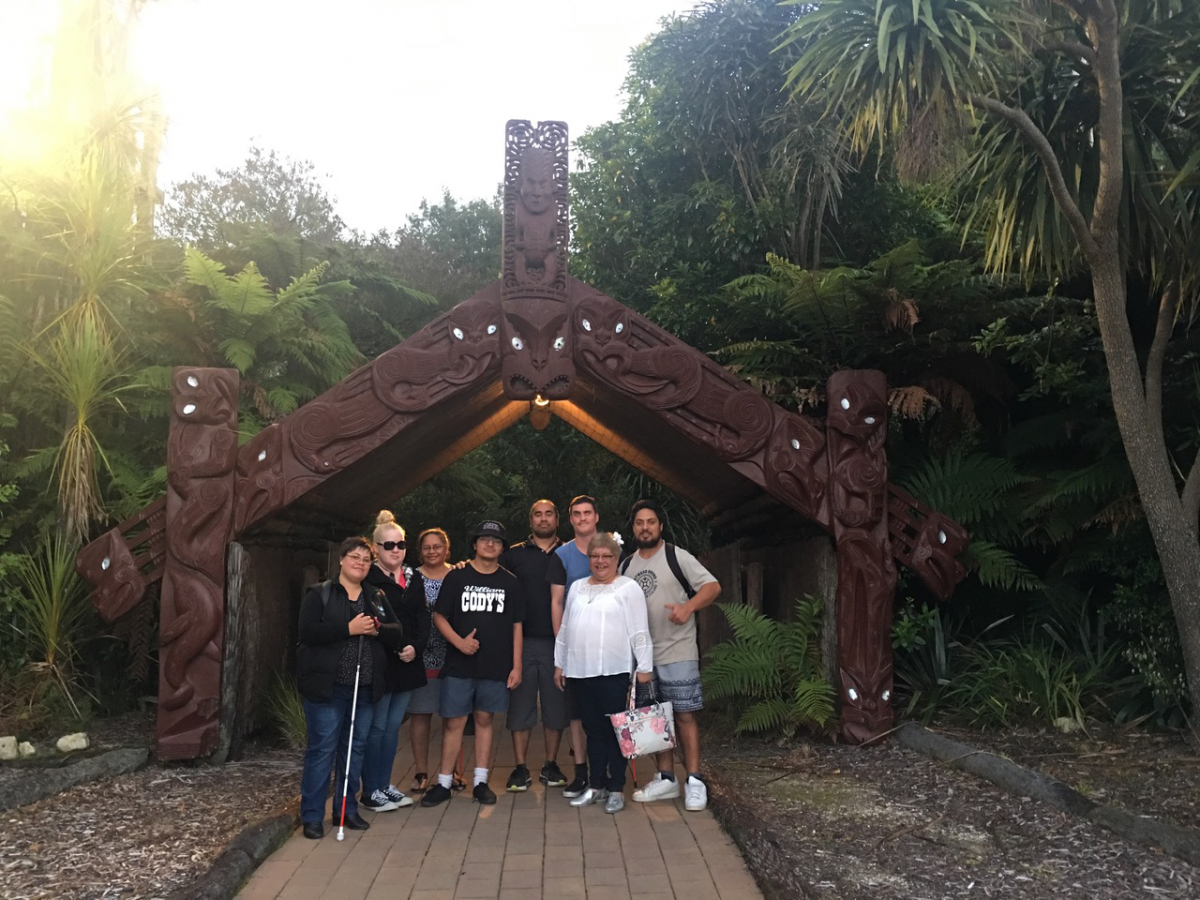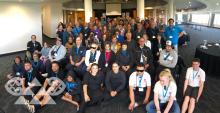COVID project Full project
Year Project Commenced :
Western views on disability & underfunding of Indigenous health marginalises kāpō Māori. New research aims to change this & centre kāpō Māori lifeworlds
Traditional forms of Māori story-telling describe strong and knowledgeable kāpō Māori. Ongoing processes of colonisation has seen experiences of marginalisation, invisibility, and ‘othering’ become the norm for Māori, and even more so for disabled Māori. The framing of disability within the Pākehā health sector alongside chronic underfunding of Māori health services has compounded the exclusion and isolation experienced by kāpō Māori.
This research aims to centre kāpō Māori lifeworlds through documenting the experiences of kāpō Māori and their whānau during and post COVID-19. As part of this, the research team will highlight the aspirations that kāpō Māori and their whānau have and the barriers they face in achieving them. Throughout the cultural and health needs of kāpō Māori and their whānau remain central.
Funded by Nga Pae o te Maramatanga, this research is a collaboration between the Māori and Psychology Research Unit at the University of Waikato, Kāpō Māori Aotearoa New Zealand Inc., and Parents of Vision Impaired NZ. The research will engage with kāpō Māori and their whānau through the holding of two wānanga in the Central North Island region.
The first wānanga will discuss and document kāpō Māori experiences during and post COVID-19, as they pertain to their cultural and health needs, the types of cultural and health supports that were supplied, and the types of cultural and health supports that were needed. The second wānanga will seek to further develop the themes and initial analysis.
The Research Team
Associate Professor Bridgette Masters-Awatere (Te Rarawa, Ngai Te Rangi, Tūwharetoa ki Kawerau), Director of the Māori & Psychology Research Unit (MPRU) at the University of Waikato.
Ms Chrissie Cowan (Ngāti Kahungunu, Ngāti Porou), Chief Executive for Kāpō Māori Aotearoa New Zealand Inc., a national Indigenous organisation founded by blind, low vision, vision impaired and deafblind Māori and their whānau.
Dr Rebekah Graham (Pākehā), National Director for Parents of Vision Impaired NZ, a charitable organisation that provides support and advocacy for parents and whānau of a person with a vision impairment.

Chrissie Cowan (2nd from right) with a small group of Kāpō Māori Aotearoa members
